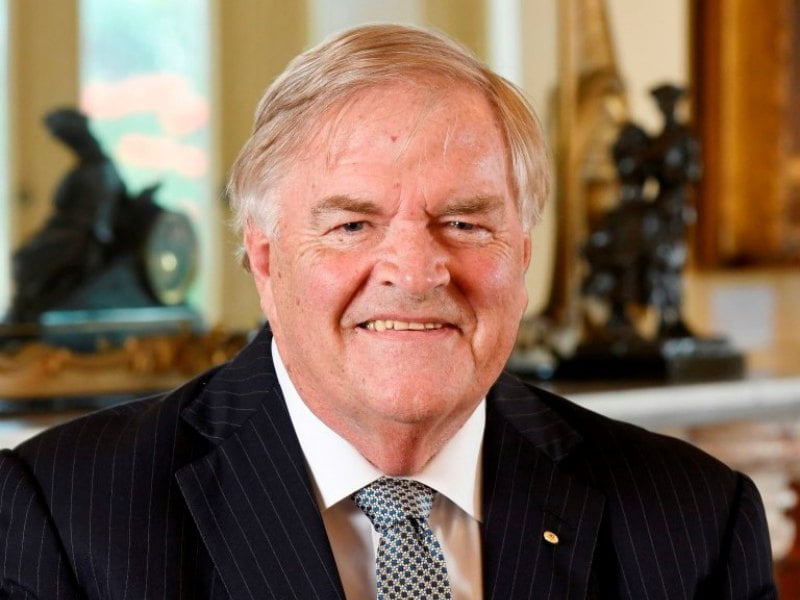Former Defence minister Kim Beazley has called for critical minerals to be included as “another leg” of the AUKUS agreement to break the dependence of Western democracies on China, which currently dominates the rare earths supply chain.
Mr Beazley told InnovationAus.com that there needed to be a strategic decision by the Commonwealth government to develop a domestic rare earths processing capability.
“We need to think of it in strategic not commercial terms, and that’s one of the reasons why I thought it would be useful to have that as a focus for AUKUS, and it’s not at the moment,” he said.
“We need two things, we need enough mines [for rare earths], and we need processing capability [because] we have hardly got any processing in Australia.”

The only way to ensure Australia develops a rare earths processing capabilities on par with China, “is by strategic decisions by governments. It will not happen in the private sector [alone],” Mr Beazley said.
Support through AUKUS could include financial support for rare earth firms across the partners.
Mr Beazley highlighted a US$120 million rare earth processing facility contract between the US Department of Defense and Western Australia-based Lynas Rare Earths, as an example of the type of initiative that would help Australian firms develop their processing capability.
Rare earth metals are key inputs to the development of deep tech, including the advanced capabilities the AUKUS partners are collaborating on. This includes undersea capabilities, quantum, AI and autonomy, advanced cyber, hypersonics and counter-hypersonics, and electronic warfare.
During an address to a UNSW Canberra-led conference on ‘Advancing AUKUS’, Mr Beazley reiterated his concerns that around “3400 American weapons systems have Chinese rare earth components”.
He also noted that China already legislated an export control law in 2020 that would allow it to halt exports on national security grounds.
Overall, China currently produces 60 per cent of the world’s rare earths and possess around 85 per cent of the world’s rare earths processing capacity.
Mr Beazley estimates that Australia has the capacity to “completely replace the dependency” of the US and Europe on Chinese-extracted and processed rare earths within five to 10 years.
“It’d be a very good idea if we got ourselves into a position where if they did [pull the trigger on export controls], that didn’t matter,” he said.
However, Mr Beazley clarified that critical minerals work should remain in the existing resources portfolio rather than moving responsibility to Defence.
Mr Beazley also claimed that Japan is helping to sustain Australia’s rare earths exports particularly to its support of Lynas Rare Earths through state-owned Japan Oil, Gas and Metals National Corp. In particular, he said that they offer to buy rare earths at a commercial rate when China attempts to undercut the price.
When asked by InnovationAus.com if Australia should seek to develop a semiconductor manufacturing industry, Mr Beazley noted that “we could and we should, certainly on processing, and it’s sensible to do it in collaboration with the Americans because if you’re going to take strategic rather than market-oriented decisions, you actually need a partner and the Americans would be good for that”.
The Albanese Government is currently reviewing and revising the Critical Minerals Strategy introduced under the Coalition. It has also committed to delivering a critical minerals hub, originally promised by the previous government, as well as a $1 billion value-adding in resources fund within the National Reconstruction Fund.
Do you know more? Contact James Riley via Email.

